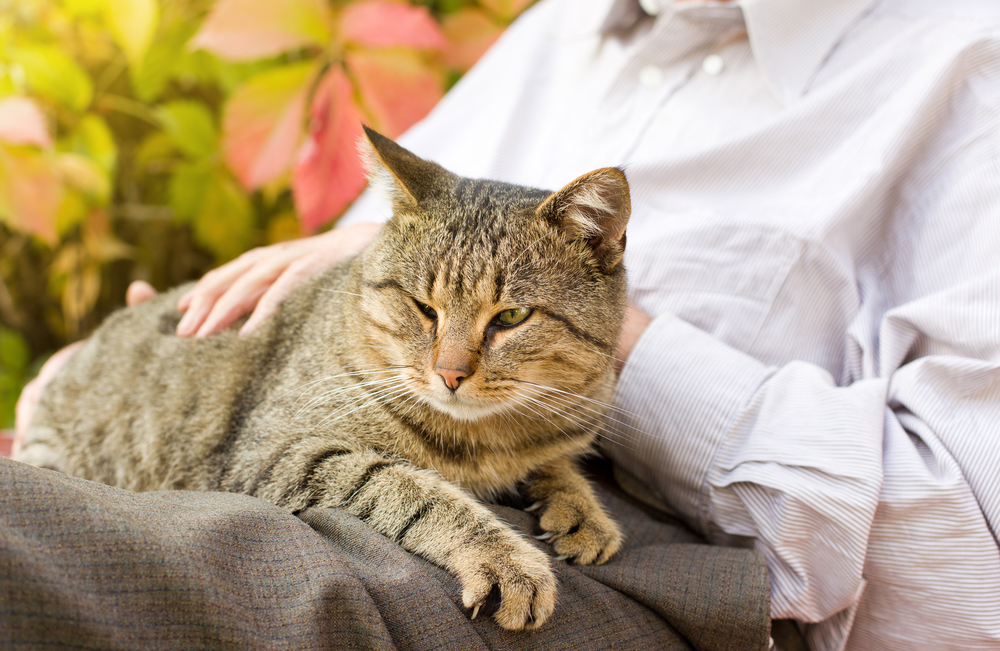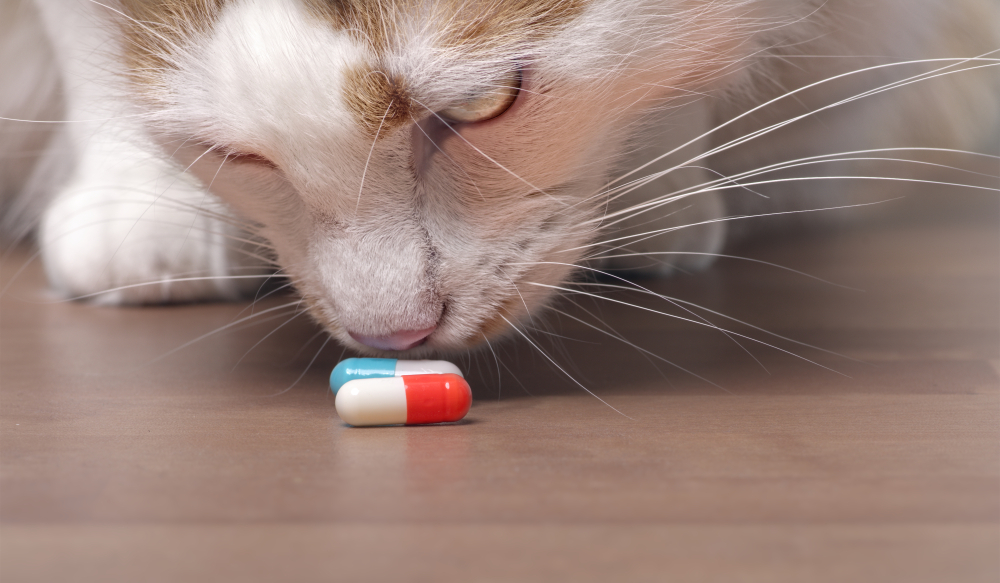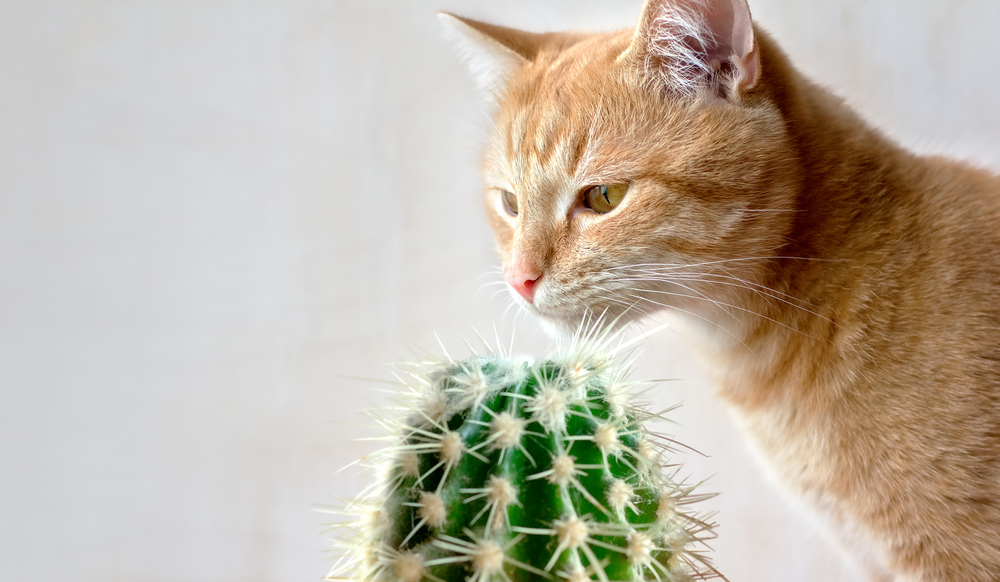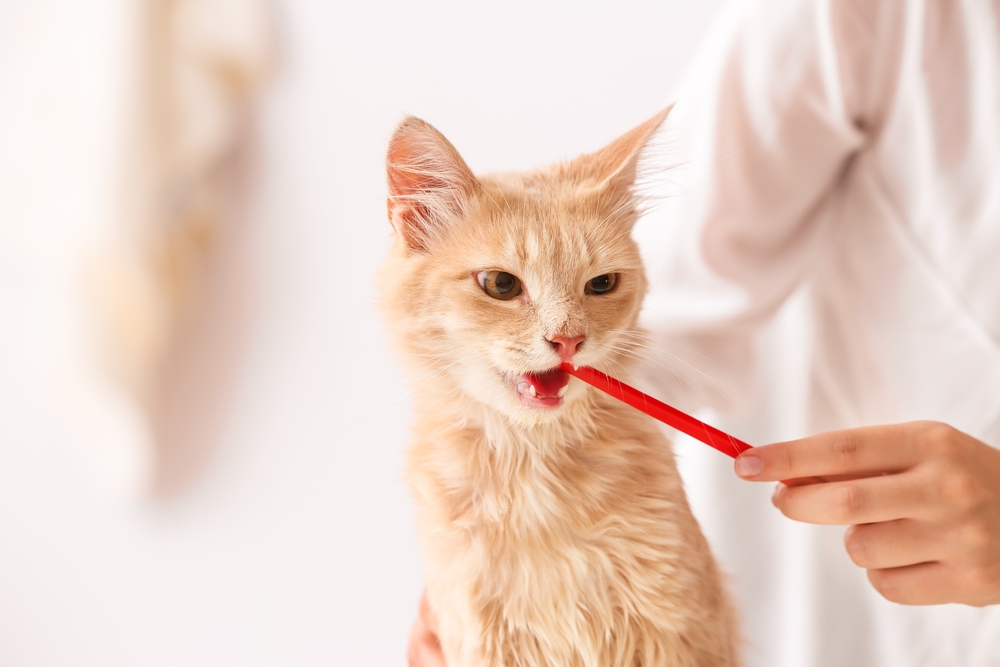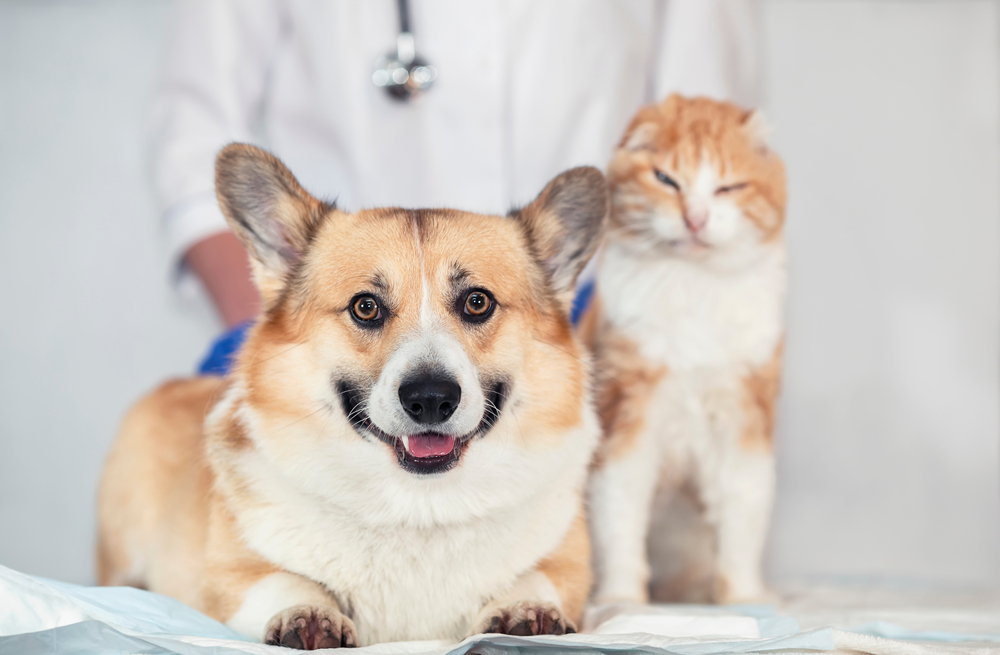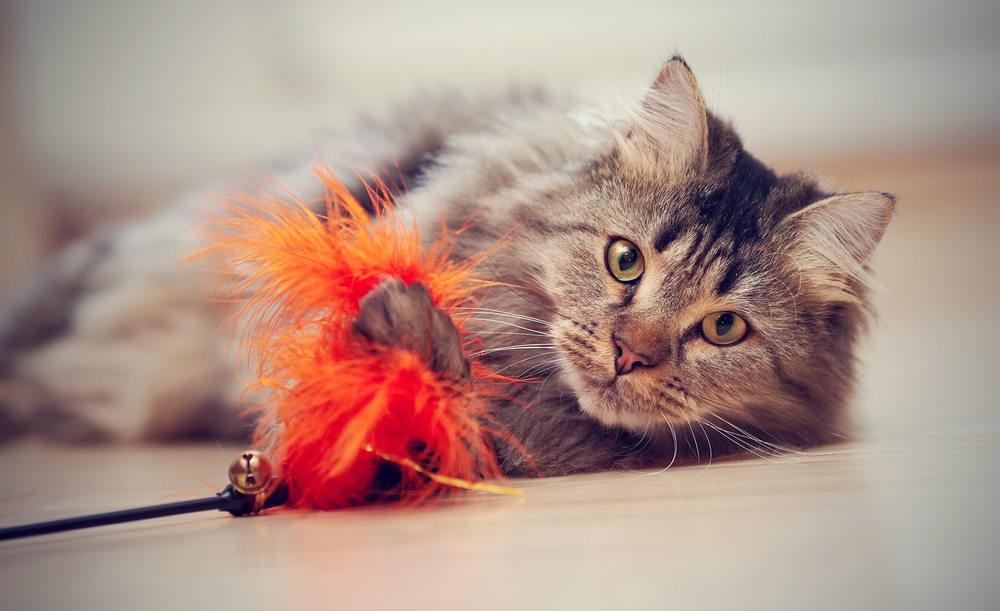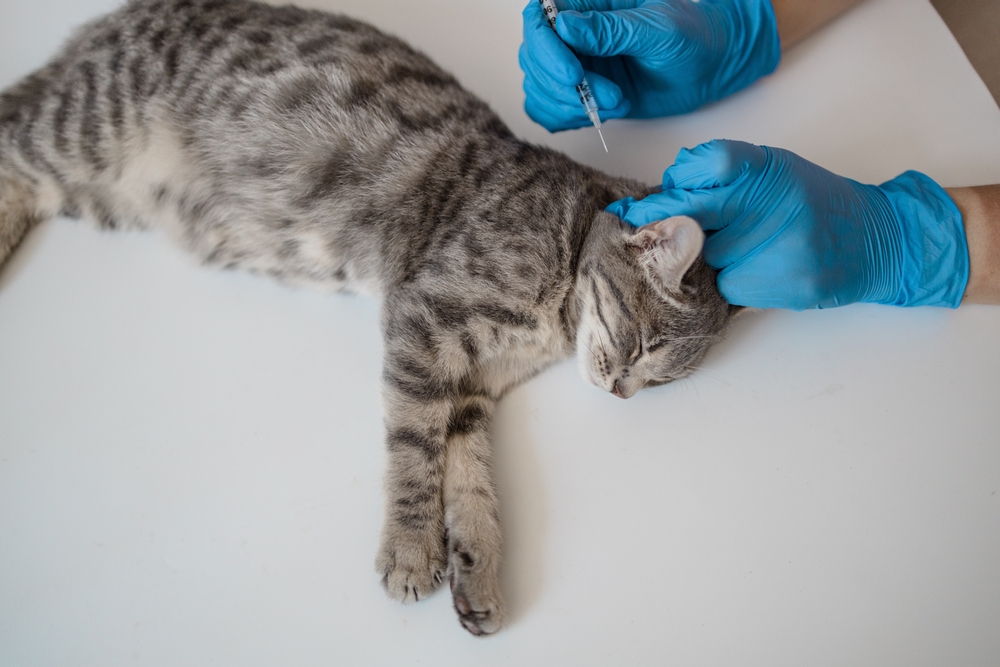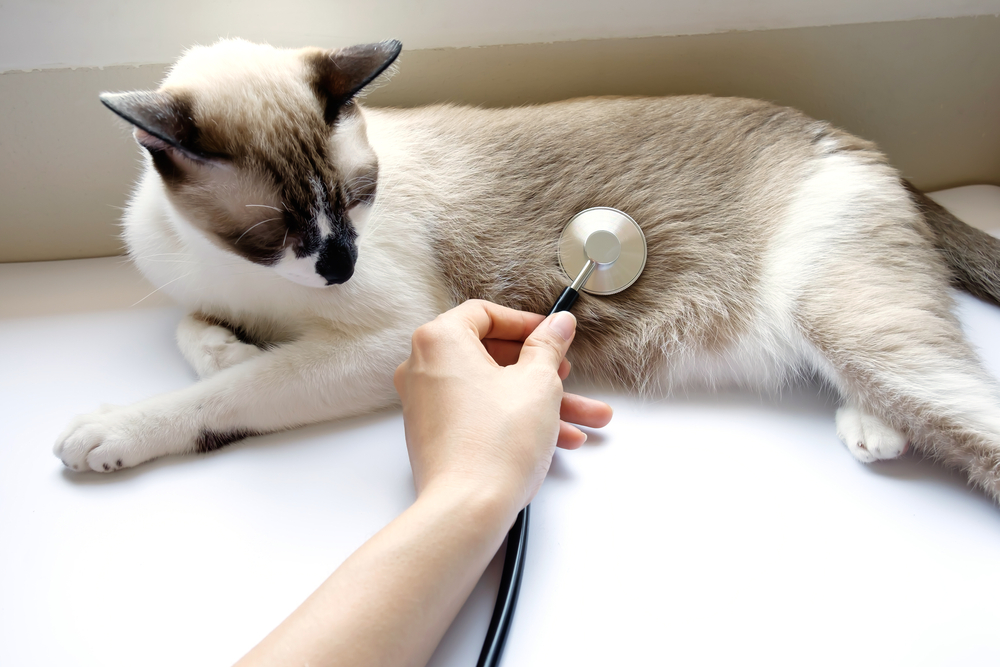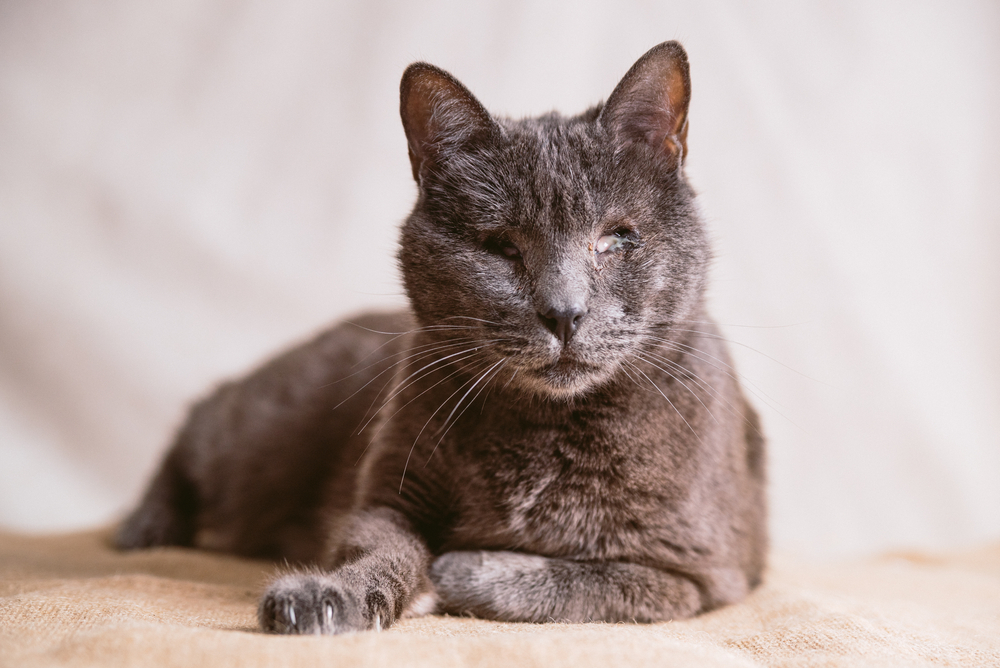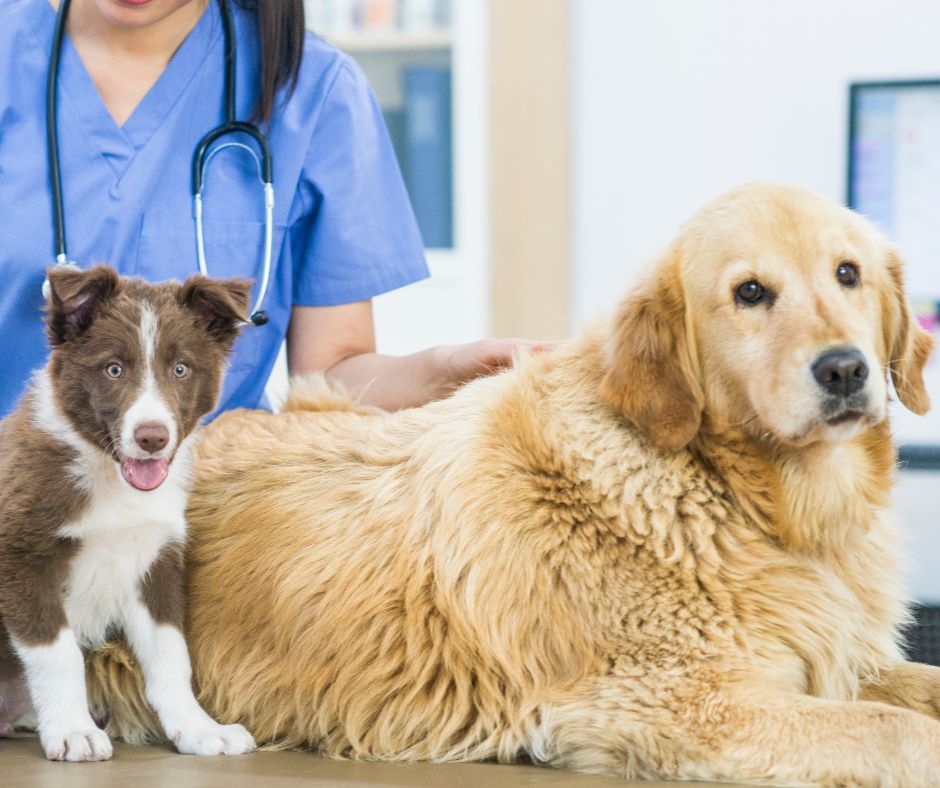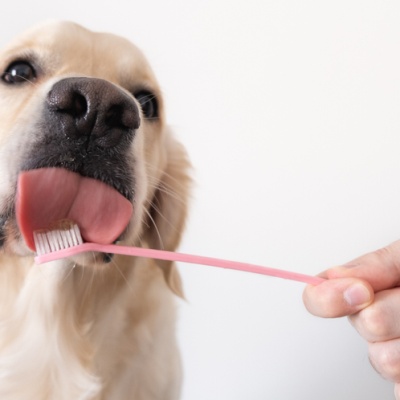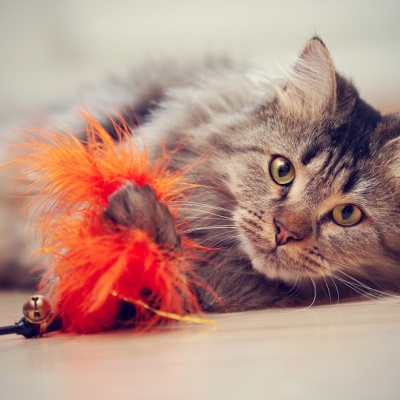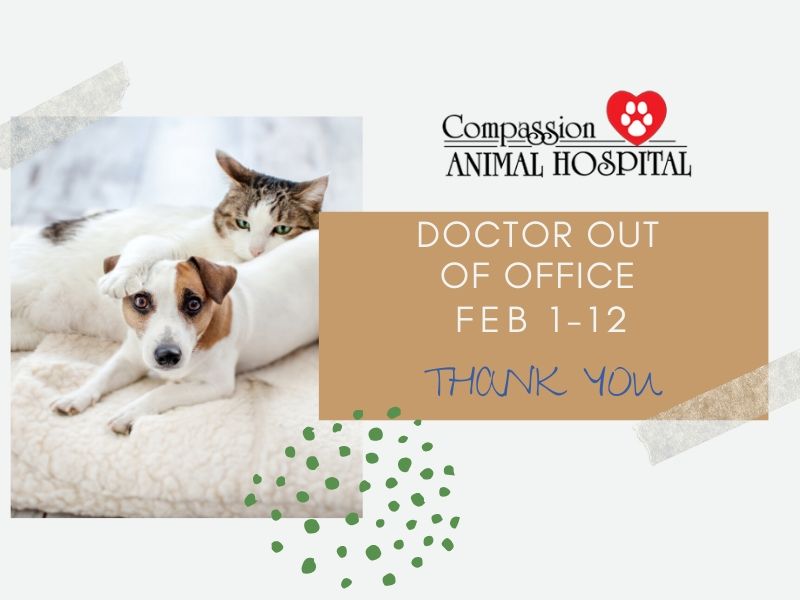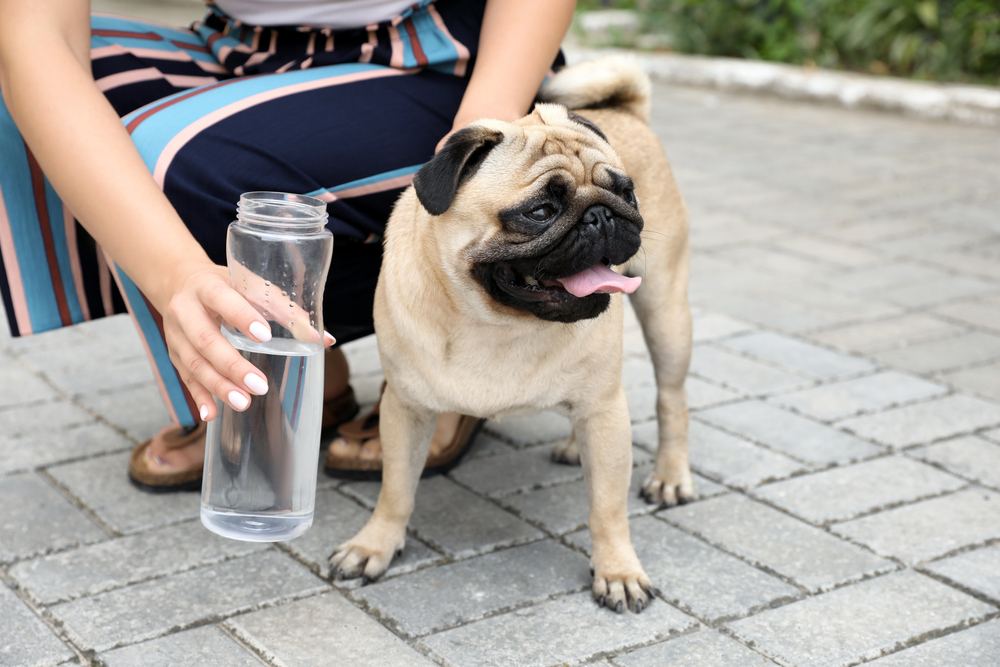
Pet Summer Safety & Fun in Woodland Park, CO
Summer in Woodland Park means sunshine, hiking trails, BBQs, and lots of outdoor adventures with your furry companions. But with all the excitement, it’s important to make sure your pets stay safe, healthy, and happy through the warm months. At Compassion Animal Hospital, we care about every wag, purr, and tail flick—and we’re here to help you make this summer the best one yet for your four-legged family members!
Beat the Heat: Hot Weather Safety
Colorado summers are beautiful—but they can get toasty, especially at higher elevations. Here are some essential hot weather safety tips:
Hydration is Key: Always carry water for both you and your pet. Dehydration and heatstroke can sneak up quickly.
Avoid Hot Surfaces: Asphalt and concrete can scorch paw pads. If it’s too hot for your hand, it’s too hot for their feet.
Time It Right: Walk your dogs early in the morning or late in the evening when it’s cooler.
Never Leave Pets in Cars: Even for a minute—temperatures inside a car can skyrocket in seconds.
Summer Fun For Pet Families in Woodland Park
We’re lucky to live in a pet-friendly paradise! Whether you’re strolling through Memorial Park or hiking through Pike National Forest, your pets are bound to love the fresh air and mountain views. Here are some essential tips for outings in Woodland Park with your pets:
Bring the Essentials: Collapsible water bowls, leashes, poop bags, and pet-safe sunscreen.
Check the Rules: Make sure your chosen trails and parks are pet-friendly and off-leash areas are safe and secure.
Watch for Wildlife: Stay alert for wildlife like coyotes, bears, and snakes—especially during early morning or dusk hikes.
Bugs, Burrs, and Bites—Oh My!
Summer means more than sunshine—it’s also prime time for pests and allergens:
Fleas & Ticks: Even in the mountains, these parasites can latch on during outdoor play. Use vet-approved preventatives.
Foxtails & Burrs: These can burrow into skin, ears, and paws. Always check your pet after hikes.
Allergies: Grass and pollen allergies are common. If your pet is scratching more than usual, we can help!
Schedule Your Summer Wellness Check at Compassion Animal Hospital Today!
Just like you, your pet’s health needs change with the seasons. A summer wellness exam can help catch any issues early and make sure your pet is ready for a season of safe fun.
From lakeside lounging to mountain trail trekking, your pets are your adventure buddies—and they deserve the best care. Let’s work together to keep them healthy and tail-wagging all summer long.
Appointments fill up fast in summer—call us today to schedule your pet’s wellness check!







